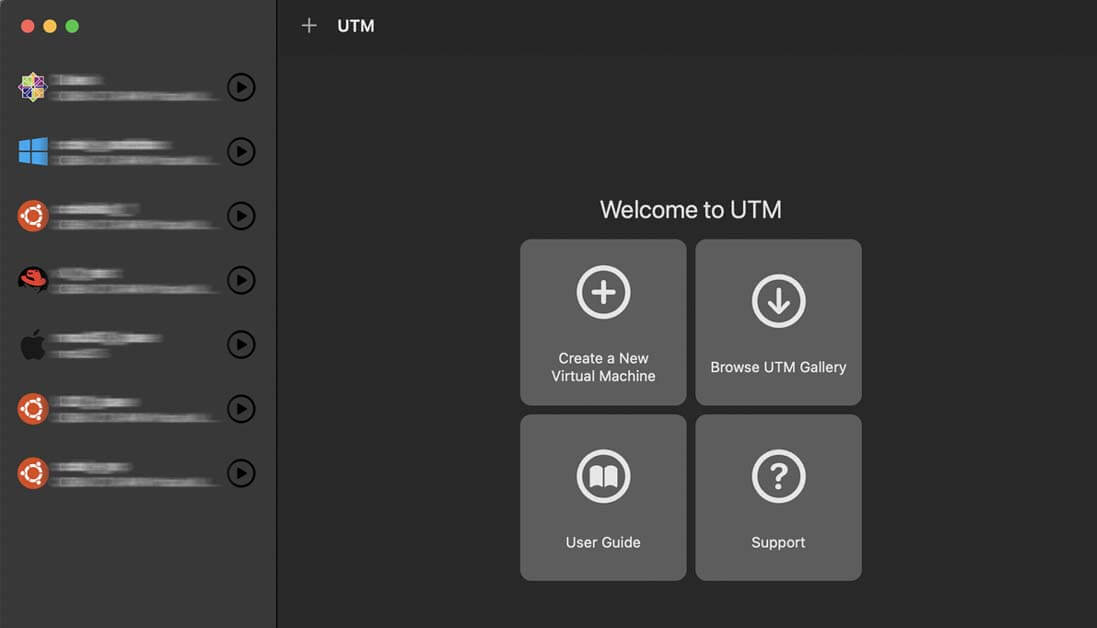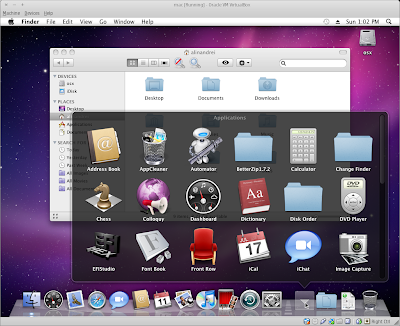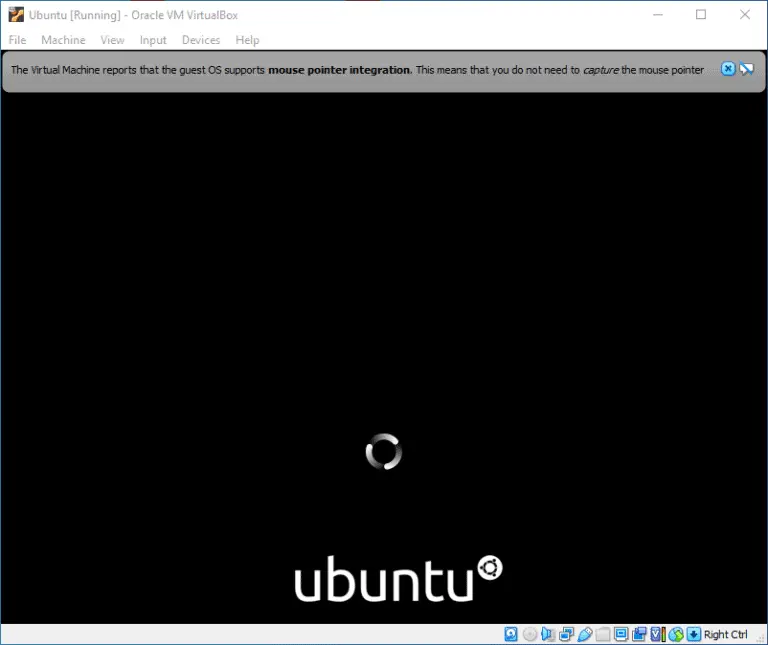

Now you’ll see the First Run Wizard, which let’s us install Ubuntu on the virtual drive we just created. Click continue to begin the setup process.

Run the Ubuntu VM by double clicking on it on the left side of the VirtualBox screen. Now we just need to tell the Ubuntu virtual machine to read from the Ubuntu ISO for the installation process, and thankfully, VirtualBox will help us to do this. This will come from your Mac’s primary hard drive’s space, so decide how much you want to give up (I used 5GB) and input that number, then click the Continue button, then Done. Here you’ll need to select how much hard drive space you want to dedicate to Ubuntu. Next will come the wizard you’ll use to create the virtual hard disk onto which you’ll install and run Ubuntu. Choose Continue to begin, then select “ Dynamically expanding storage” and click Continue. On the next screen, make sure that “ Boot Hard Disk” is checked, and “ Create new hard disk” is selected. Even though Ubuntu doesn’t need a ton, I still recommend you to dedicate at least 1GB of RAM, or 1024MB. Now, select the amount of RAM you want to dedicate to your VM. Give it a good name to remember and that distinguishes it from other operating systems, as if you ever install another VM you’ll want it to be clear which one is which. The first thing you’ll need to do now is name your virtual machine (VM) then select Linux as the Operating System and Ubuntu as the version. Once it opens, you’ll want to create a new virtual machine. To do this, click “New” in the top left corner. Lastly, this process might take up to about an hour, so have a little free time handy to devote to the process!įirst, once you’ve finished downloading VirtualBox and Ubuntu from the links above, run VirtualBox.VirtualBox by Sun, which you can get here!.


For Mac users, there is no easy way for you to dual boot your Mac and Ubuntu, but that doesn’t mean you can’t get your hands on one. From its simple installation to its touch screen friendliness and built in social networking features, Ubuntu is more viable an option today than ever before. While Linux has been largely an operating system for hobbyists and geeks, its popularity is growing with every new release of Ubuntu. Ubuntu is all the rage lately in the tech world.


 0 kommentar(er)
0 kommentar(er)
